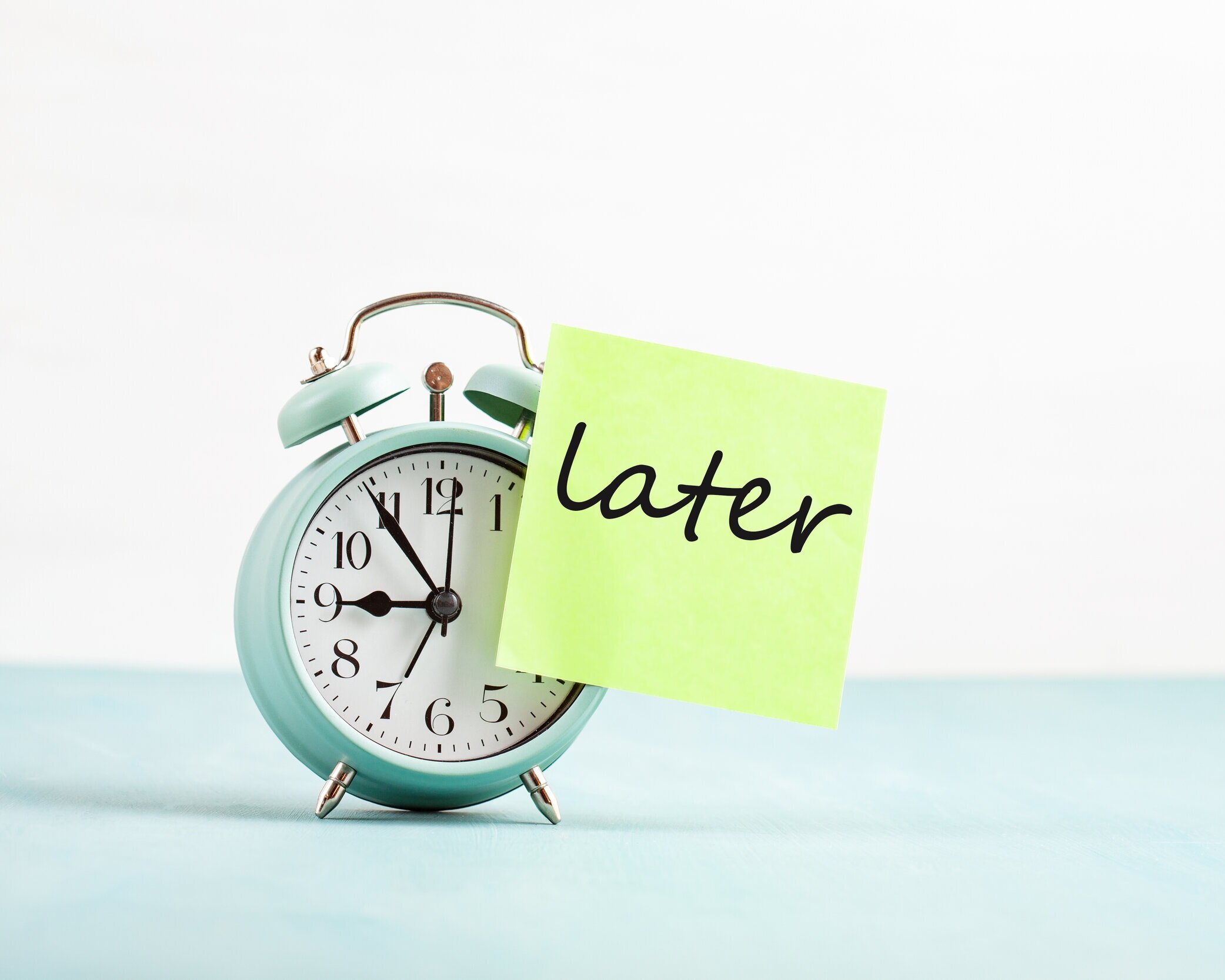Procrastination – when we avoid a task we said we would do for no good reason, despite expecting our behavior to bring negative consequences.
Procrastination, believe it or not, is our body’s way of protecting us from harmful tasks. When you have something that you dread, the amygdala sends out the same hormones as if you were experiencing a threat. Your brain then goes into fight, flight, or freeze mode. Instead of facing these emotions right now, it’s much easier to avoid them. Of course, this means dealing with these emotions later but later is not now.
According to a recent study, college students were to put off tasks they deemed more stressful for later. The only thing about procrastination is that the task you have put off increases with difficulty the more you do it.
Procrastination is also a thing that certain people are more susceptible to. People who have low self-esteem and those who have trouble regulating their emotions are more likely to procrastinate than others. Procrastinators are also more likely to feel anxiety, shame, depression, and physical ailments than others.
But not all procrastinators are lazy. Interestingly, procrastinators often care too much about projects/tasks. They are afraid of failing. They have a preconceived notion that their work won’t meet their expectations, so they put off work so they won’t have to face this fear. Procrastination may hurt us in the long run, but it does reduce short-term stress.
Time management and discipline may seem like the simple answer, but researchers have found this isn’t the case. Sometimes obligations to yourself can only increase stress, making the problem worse. Instead, work on reducing your negative emotions. Try breaking down a task into smaller parts, remove distractions, or write your feelings down about why/how you feel stressed. Finally, don’t beat yourself up. Improvement is always an option!
A task is only difficult if you let it be. You are the master of your brain and body. No one else is behind the wheel!

